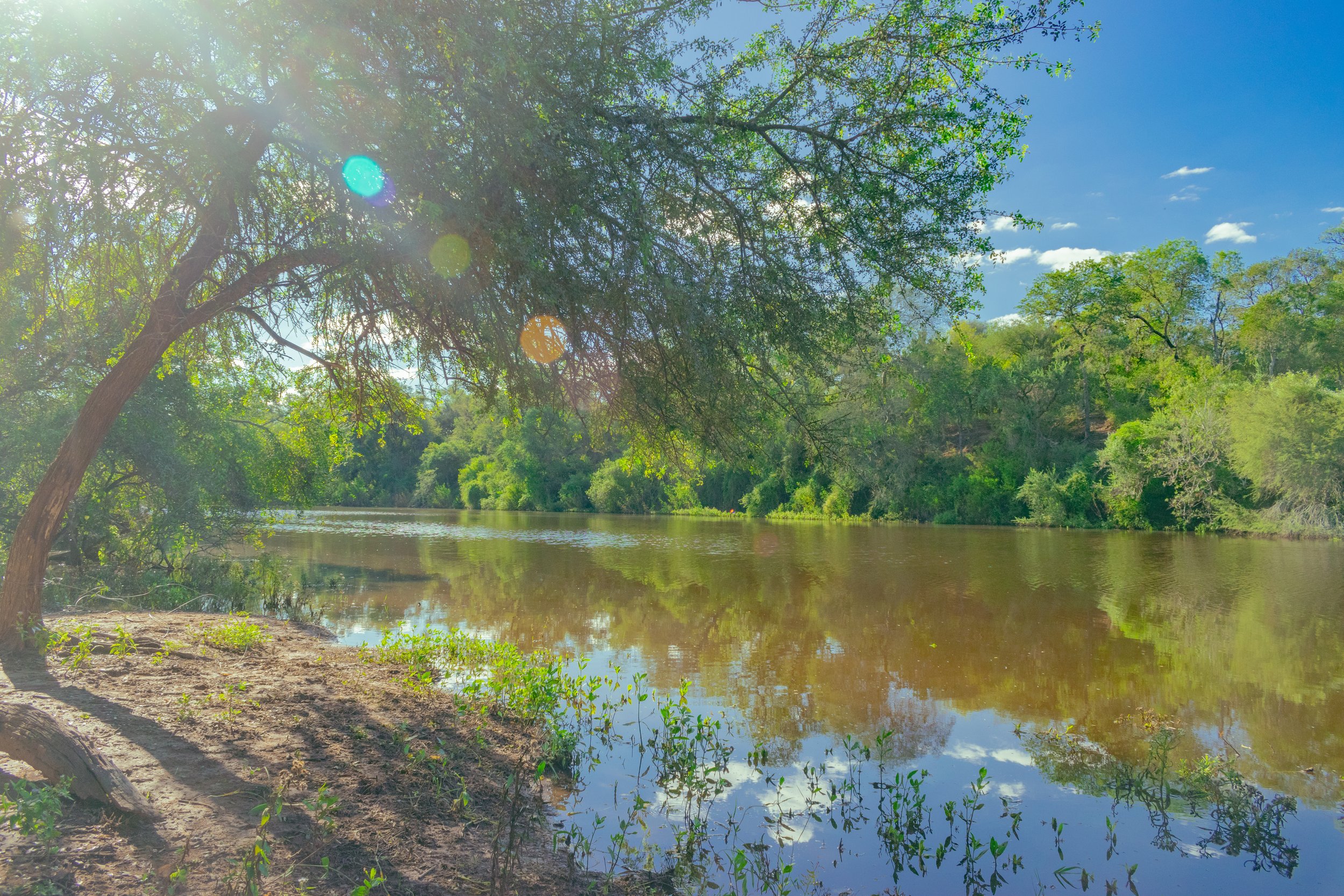Fund to present Gran Chaco projects at international congress
The Land Innovation Fund, along with its partners ProYungas Foundation, AAPRESID, CREA and CIARA will participate in a panel in Argentina on "Innovations and alliances for sustainable agricultural production"
There are three Land Innovation Fund projects currently underway in Argentina and Paraguay's Gran Chaco biome, all of them aimed at fostering innovation to transform the soy supply chain, with a focus on farmers and their farms. On Wednesday, August 10, they will be featured on a panel discussion on "Innovations and alliances for sustainable agricultural production", at the 30th Aapresid Congress, to be held in Rosario, Argentina. Selected in the Fund's second round of project funding, the three initiatives are carried out by eight institutions in a consortium format, reaffirming the Fund's commitment to projects that address major challenges on today's sustainability agenda.
Moderated by Alejandro O'Donnell, deputy director of the Aapresid International Program, the panel will feature Carlos E. Quintela, director of the Land Innovation Fund, for a presentation on the Fund, its objectives, and the importance of initiatives and partners in building an innovation landscape for sustainable agriculture. Sebastián Malizia, executive director of the ProYungas Foundation, will introduce the guidelines of the project "Good agricultural practices and carbon sequestration", being carried out in partnership with Aapresid and the Moisés Bertoni Foundation. Federico Fritz, a member of CREA's Research and Development team, will discuss the initiative "Environmental and productive sustainability in the Gran Chaco", under the responsibility of the Argentine Association of Regional Agricultural Experimentation Consortia (CREA) and the Argentine Association of the Soy Supply Chain (ACSOJA). Finally, Gustavo Idigoras, who chairs the CIARA-CEC, will describe "VISEC: Monitoring Platform in the Gran Chaco", a project currently underway in partnership with the Peterson-Control Union (PCU) and the Rosario Board of Trade.
Projects selected by the Land Innovation Fund are helping to mitigate impacts of the expansion of agriculture and cattle ranching in the Gran Chaco region, a biome covering approximately 850 thousand km2 in areas of Paraguay, Bolivia, and Argentina. Since the 1990s, and especially since 2000, it has suffered one of the world’s highest deforestation rates due to growing pressure to convert natural ecosystems into farmland, especially for soy farming.
Learn more about the Fund's initiatives and partners in the region:
ENVIRONMENTAL AND PRODUCTIVE SUSTAINABILITY IN THE CHACO: Innovative and sustainable agricultural production models for the Gran Chaco region are the goals of this project, by the Argentine Association of Regional Agricultural Experimentation Consortia (CREA), in partnership with the Argentine Association of the Soy Supply Chain (ACSOJA). Working with at least 100 farmers (preferably small and medium-sized) in an area of about 250 thousand hectares of the biome in Argentina, this initiative will establish and validate ecological intensification models for farmers to maintain or increase their incomes; reduce crop losses; conserve natural areas on farms; restore degraded soils and environments; and apply environmental indicators, particularly for soil carbon and biodiversity.
VISEC: GRAN CHACO MONITORING PLATFORM: The proposal of the Argentine Edible Oil Association (CIARA), in partnership with the Peterson-Control Union (PCU) and the Rosario Board of Trade, is to establish an innovative tracking and monitoring platform that will assess the environmental, social, and economic impacts of soy and other commodities grown in priority areas of Argentina, starting with the Gran Chaco. The VISEC platform will monitoring and verify data for all the soy traded in Argentina in a single system, covering all the relevant sustainability parameters and the requirements for its sale. The initiative enjoys contributions and the participation of a variety of players, including farmers, exporters and NGOs, and aims to generate data in a transparent, reliable, and publicly accessible manner. The goal is to produce and sell essential goods in an environmentally sustainable way, particularly soy and soy products.
GOOD AGRICULTURAL PRACTICES AND CARBON CAPTURE: The ProYungas Foundation, in partnership with the Argentine No-till Farmers’ Association (AAPRESID) and the Moisés Bertoni Foundation, will support the adoption of good agricultural practices and stimulate the conservation and restoration of native vegetation on soy farms in the Gran Chaco biome, to mitigate climate change and enhance the value of standing forests. The project will take place on five pilot soy farms in Argentina and Paraguay, on at least 50,000 hectares, to quantify carbon from production; evaluate on-farm carbon stocks of native vegetation; categorize areas as carbon emitters, carbon neutral or carbon sinks; design a project to offset carbon emissions from native vegetation areas, with international accreditation; and develop an online information platform to ensure the projects' transparency.
With more than 90 lectures on 12 thematic topics, the Aapresid Congress will take place from August 10 to 12, in Rosario's Metropolitan Hall. The panels will also be streamed by Aapresid’s virtual event platform. As a national and regional reference point, this annual congress was attended by more than five thousand participants in its last face-to-face session (2019) and more than twelve thousand in the 2021 virtual event. Register here.

